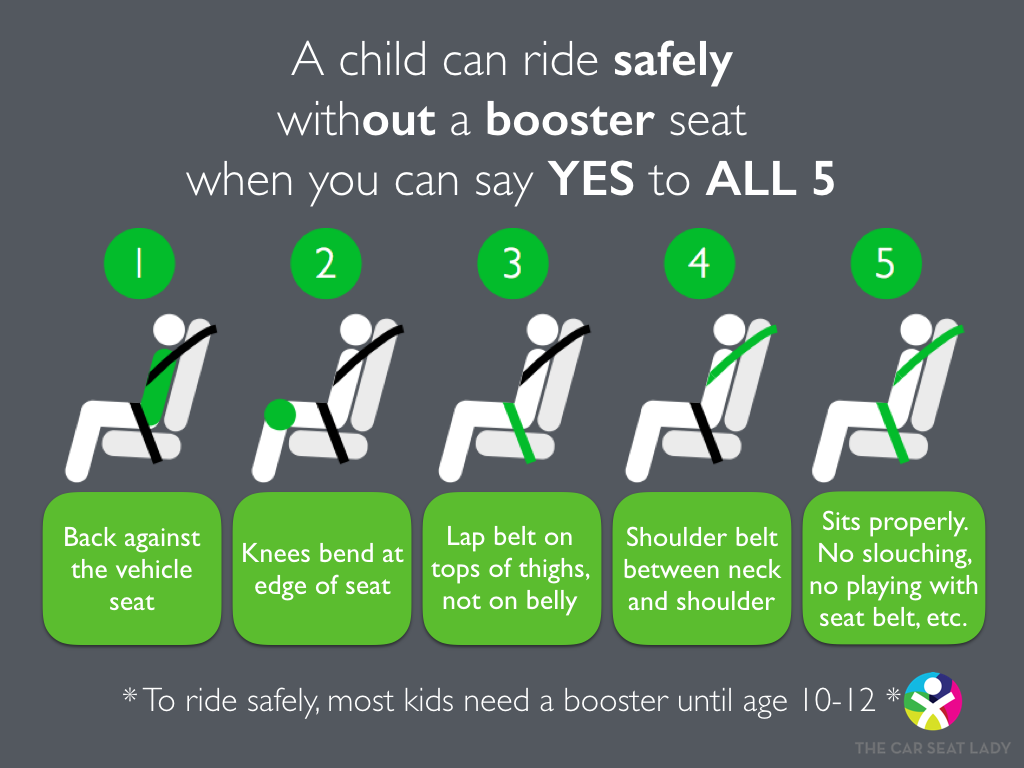Car Seat Safety
More Child Safety Tips and Tricks
Did you know?
- Road injuries are the leading cause of preventable deaths and injuries to children in the United States.
- Correctly used child safety seats can reduce the risk of death by as much as 71 percent.
- Three out of four car seats are not used or installed correctly.
Car Seat Checks
We offer car seat checks at each of our Health Department locations.
There is a $30 educational fee per car seat.
If interested, please schedule your appointments here:
For car seat appointments in Coalville, please call (435) 336-3234 to schedule.
————————————————————————————————
Five Car Seat Tips for Parents
- The Inch Test – to make sure your car seat is installed tightly, grab the base of the car seat and try to move the seat side to side. If it moves more than an inch you need to tighten it. Ask a second person to help you.
- The Pinch Test – Many parents wonder if their child’s seat belts are tight enough. For this, we recommend parents buckle up their children and do the pinch test. If you can grab any of the belts, the harness is too loose. You want your fingers to slip off the belt. Position the chest clip so it is level with your child’s armpits.
- When forward facing is safe? You are ready for a forward-facing car seat after your little passenger is age 2 or more AND has outgrown the height or weight limits on the rear-facing car seat.
- The important tether. All forward-facing car seats must be installed using a top tether. The top tether reduces the forward motion of the car seat in a crash. Your car’s owner manual will tell you exactly where the anchor is in your car. There are usually three to pick from. It could be on the back of or under the seat in an SUV, on the shelf behind the headrest or even on the ceiling. Look for a top tether anchor in your car before you select the location for your car seat.
- When can my child graduate from a Booster? Boost till 8 years old and 4’ 9” tall. Seat belts must rest on the “hard spots” of a person (i.e. Shoulders and chest vs. neck and tummy).
Links of Interest
Child Passenger Safety
Car Safety Seats: A Guide for Families
Seat Check.org



